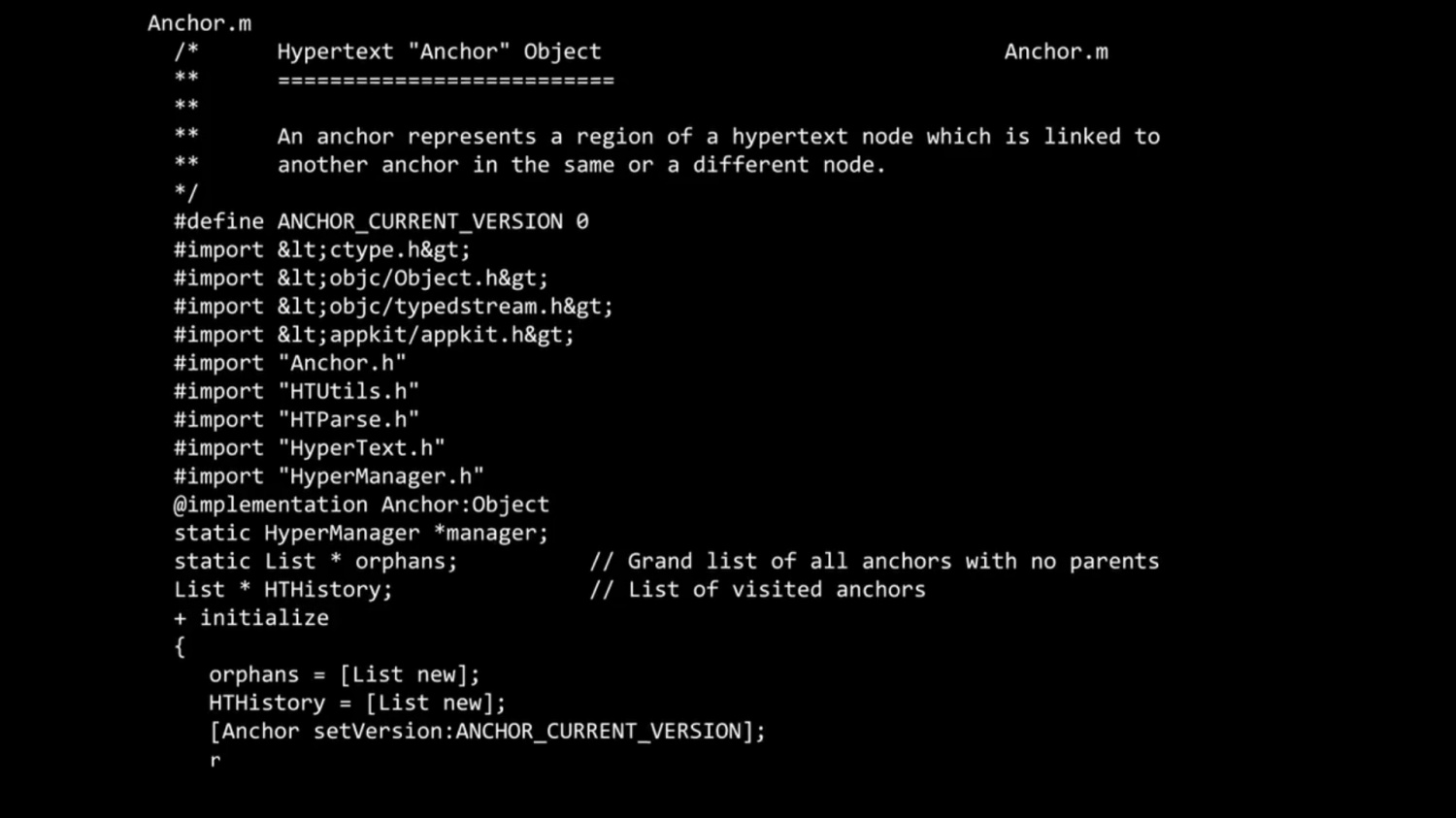

We are very excited to enable that transition and to work with other states to deploy this important system." "The state of Utah is taking a necessary leadership role to begin the rollout of an infectious disease reporting and management system for the 21st century. "The project is a perfect example of how collaboration in software can have an impact on society - in this case, we can help prevent the spread of disease and improve quality of care for patients by developing a system that works for everyone," said Stuart Cohen, CEO of CSI. "This system meets our needs by making it easy for our doctors and nurses across a variety of counties to better protect people's health by detecting and preventing disease." Robert Rolfs, MD, state epidemiologist, Utah Department of Health. "We are excited by the promise that this collaborative approach offers to our state," said Dr.

The collaborative software development model, based on a unique combination of industry standards, open source business practices, and Lean software development techniques was chosen in order to bring multiple stakeholders with a common need together. CSI's open source infectious disease reporting and management system, developed with the collaborative software development model, is significantly less expensive and meets all local, state and federal requirements. Many existing NEDSS solutions are either too expensive or outdated and don't meet the states' needs. According to the December 2007 report from Trust for America's Health, only eight states are currently fully prepared to protect the public from disease, disasters and bio-terrorism.


 0 kommentar(er)
0 kommentar(er)
